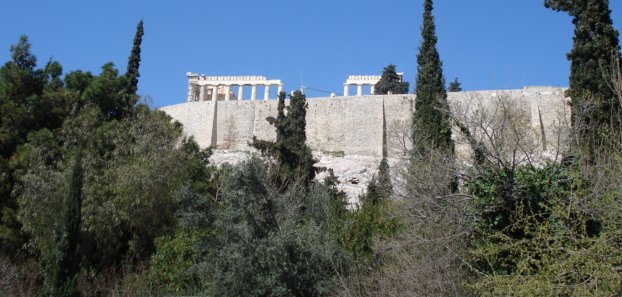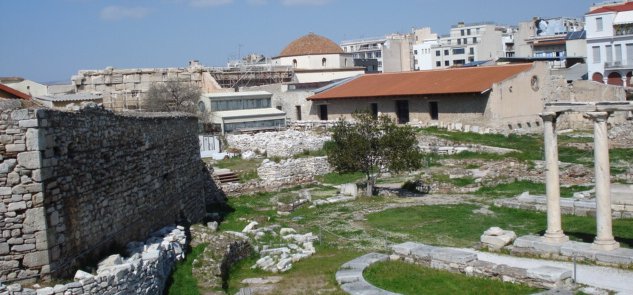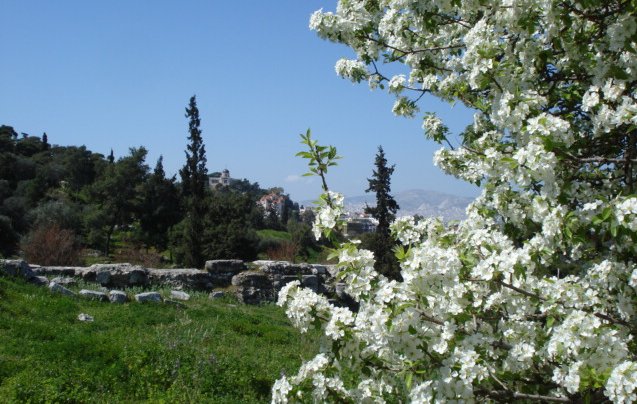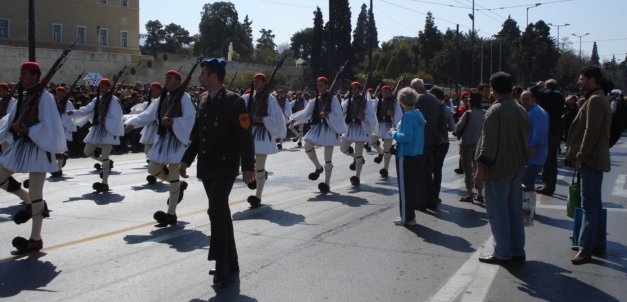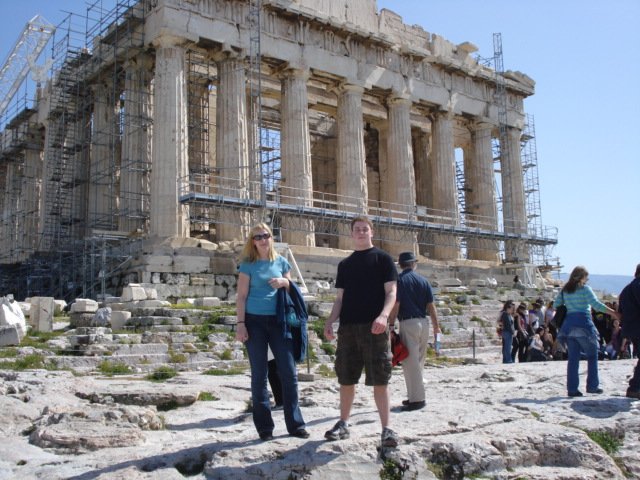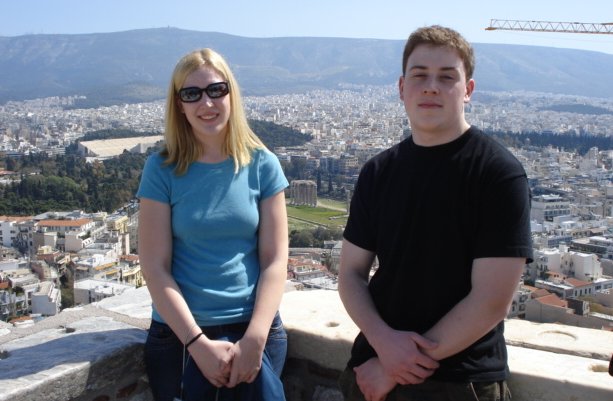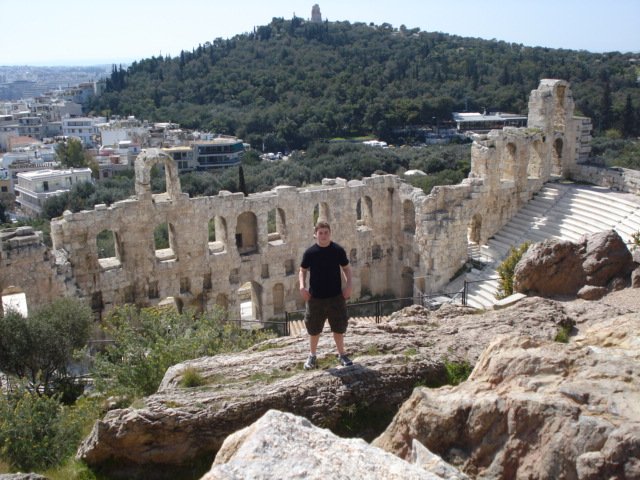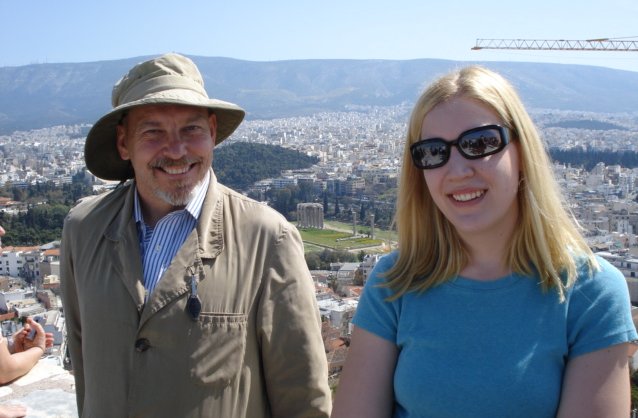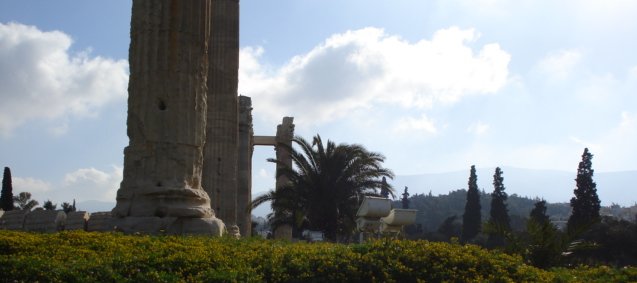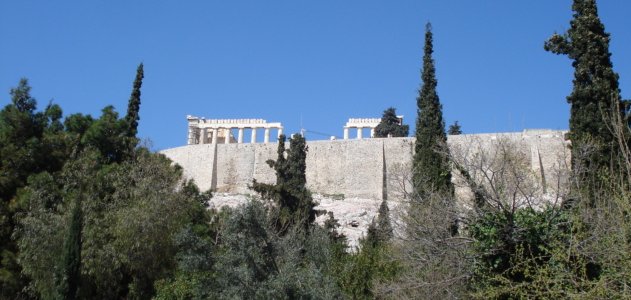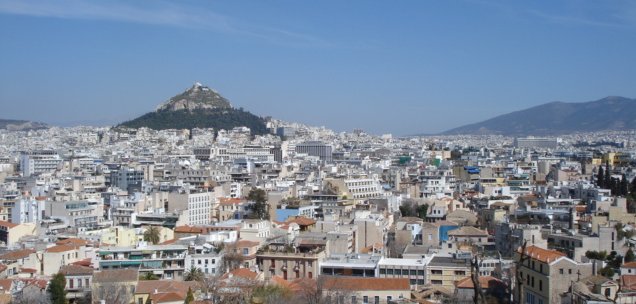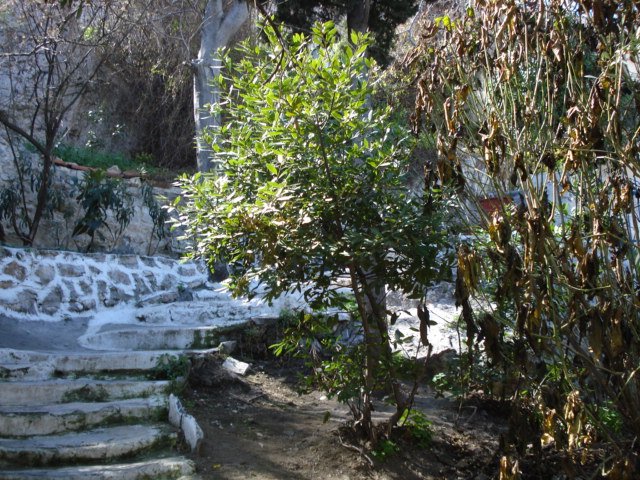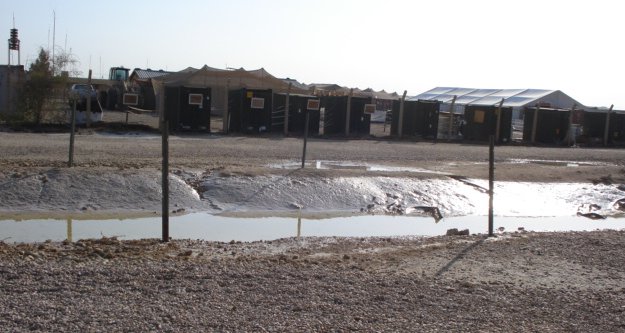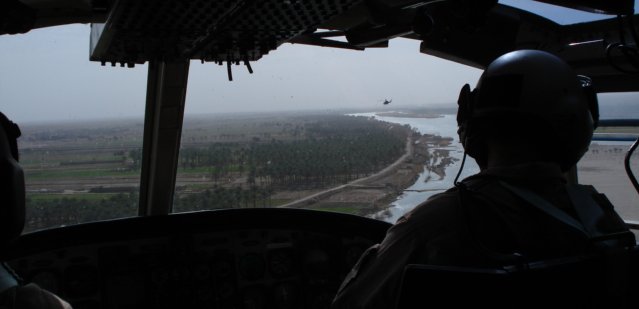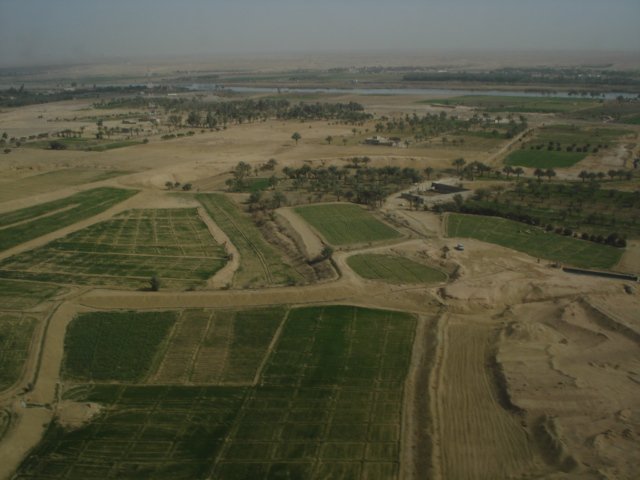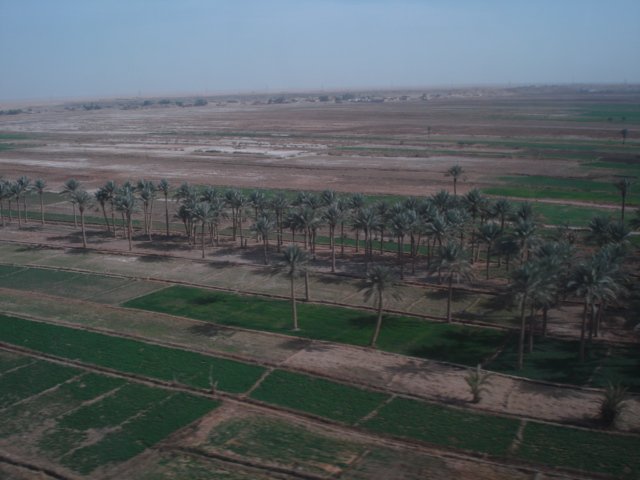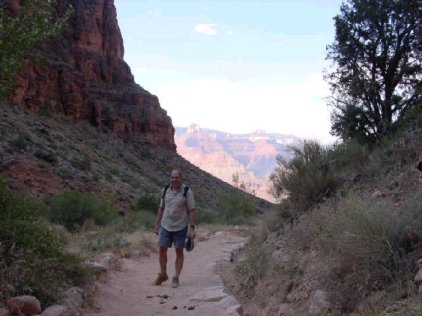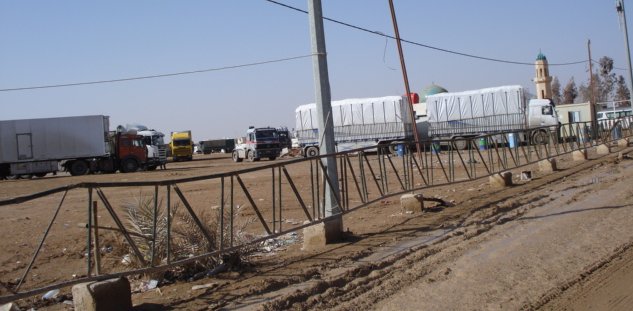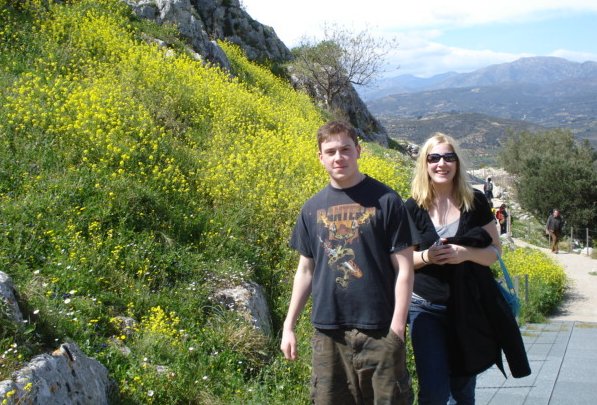
The ancient Greeks thought that giant Cyclops built the walls of Mycenae, since they could not understand how such big rocks could be brought to the site and stacked. When I looked at the place, I could see how they were astonished. The rocks are big and the hill is high, but with simple tools and a lot of persistence the ancient Mycenaeans did not need the help of Cyclops. Nevertheless, despite all the monumental precautions their civilization was destroyed and Mycenae abandoned. These Bronze Age warriors were no match for Iron Age weapons of invaders.
BTW – it is not true that a man armed with iron weapons was so much superior to one armed with bronze, but iron is more common and so more men could be well armed. Of course the most famous representatives of Mycenaean culture were Achilles, Agamemnon, Menelaus & Odysseus. The Iliad makes it sound like these sorts of heroes were the only guys who counted on the battlefield and they were. With bronze weapons and kit, only a few can have complete armor, horses and chariots AND even fewer have the talent and time to develop the skills of an expert fighting man. The Homeric heroes were a lot like tanks on a battlefield. They could mow down the opposing infantry until they ran into a hero from the other side, hence the importance of single combat. Besides, it makes a better story. The later Greeks developed the phalanx, where they all stood in lines with spears and shields and pushed the other side until somebody broke. Individual valour was merged with the larger group. It was an excellent war machine, but not as cool as Achilles v Hector.
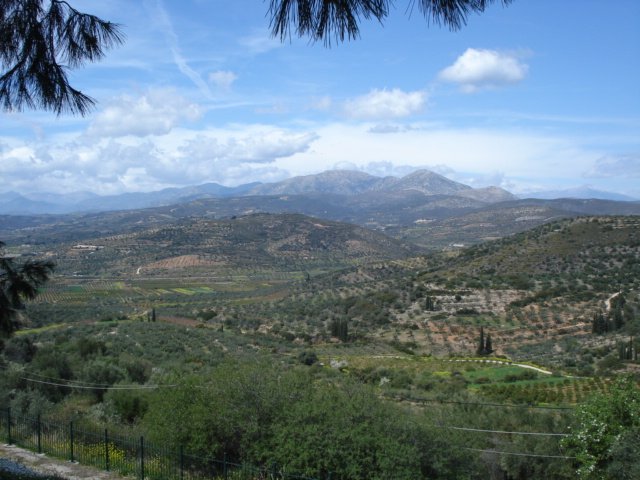
The 19th Century amateur archeologist Heinrich Schliemann used the Iliad to find both Agamemnon’s Mycenae and Helen’s Troy. When he found a body in a tomb and took off the death mask, he thought he had looked on the face of Agamemnon and the gold death mask is still often associated with the face of Agamemnon, but modern historians think that the king with the golden mask predated the Trojan War period by a couple centuries.
We still take much of our understanding of the period from Homer, who wrote centuries after the events based on oral tradition, which tends to be corrupted. The Mycenaeans had a written language. There was great excitement when it was deciphered, about 50 years ago now, but all they wrote about were lists of who owned what and where things were stored. It did prove that they were indeed Greeks (or proto-Greeks) but there is no literature or sense of history. Knowing that Agamemnon owned a dozen sheep & three cows in a particular local valley was probably really important back then, but fails to capture our imaginations today. Mycenaean civilization remains pre-historic in the practical sense of the term.
Nevertheless, Mycenae is impressive even today in its ruined state. The Lion Gate you see in the picture is sort of a reverse arch, with the triangle in the middle bearing and spreading the load.
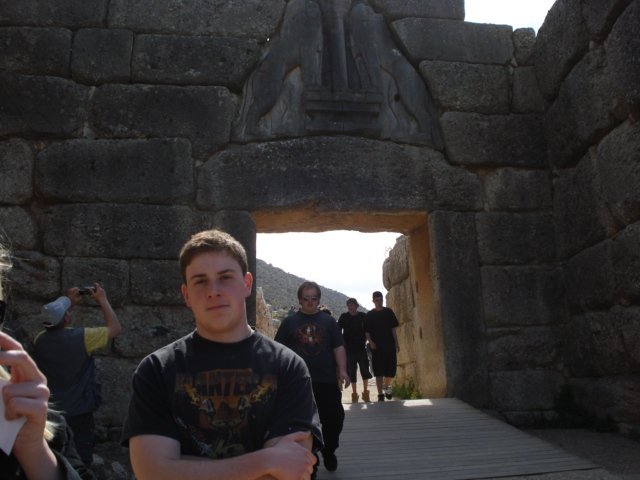
The natural setting is beautiful. Most of the scenery we saw as we drove past Corinth into the Peloponnesus was beautiful. The mountains in Greece go right down into the sea giving the country an unusually indented coast and long coastline. Greece has more miles of coastline than all of Africa and no place in Greece is very far from both the mountains and the sea. Little fertile valleys sit next to barren rocks and all have access to the sea. It is a unique combination and scenery is not the most important consequence. Geography helps explain much of Greek history and achievement.
The picuture is a fish farm, BTW. Sorry for the blurr. I took it from the moving bus.
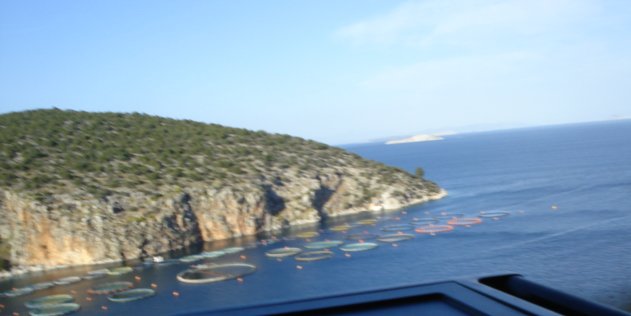
It has been really great to see the geography of the places and people I studied since I was a kid. I realize how little I understand. It is possible to know lots of facts and understand little. When you put your feet on the ground, it is easier to understand the history.

